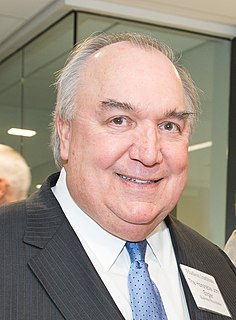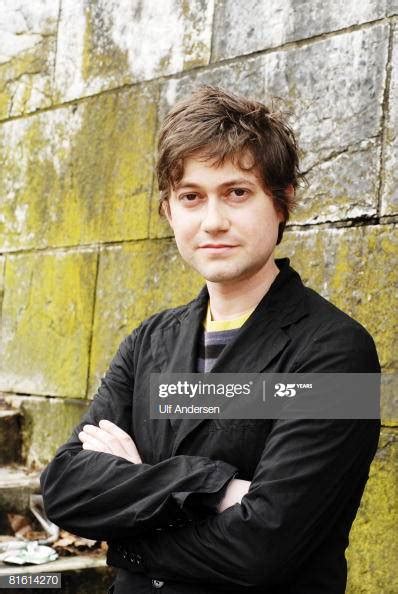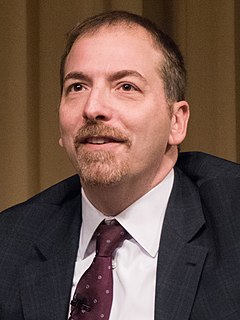A Quote by Seth Godin
When we intentionally seek out the difficult tasks, we're much more likely to actually create value.
Quote Topics
Related Quotes
People who believe that they are going to be excommunicated and shamed, or whatever other dark things may happen to them, are much less likely to enter open, loving relationships. And they are also much less likely to have the self-esteem that is required to be monogamous and loving. And in consequence, they are much less likely to create families.
Aesthetic value emanates from the struggle between texts: in the reader, in language, in the classroom, in arguments within a society. Aesthetic value rises out of memory, and so (as Nietzsche saw) out of pain, the pain of surrendering easier pleasures in favour of much more difficult ones ... successful literary works are achieved anxieties, not releases from anxieties.
Of God's love we can say two things: it is poured out universally for everyone from the Pope to the loneliest wino on the planet; and secondly, God's love doesn't seek value, it creates value. It is not because we have value that we are loved, but because we are loved that we have value. Our value is a gift, not an achievement.
My parents were both first-generation Irish Catholics raised in Brooklyn. But it was more for me - it was that women of that generation were even less likely to express themselves, more likely to have that active interior life that they didn't dare speak out. So I was interesting in women of that era. I was interested in the language of that era. There's so much. And, certainly, this is cultural, so much there wasn't spoken about.
As more and more people are automated out of the economy through robotics and self-driving cars and other technologies, there will be a way to create value for other human beings online. There will be a virtual economy for exchanging value, goods and services, entertainment experiences, and all that.
I find that a lot of people don't take the advice they're given. But I would do what they suggested, and then follow up with them and say: "Hey, thanks so much. Here's what I did. It worked out great." Now what happens? They feel pretty good about giving you the advice because they had a positive impact. So when I reach out to them again, they're more likely to actually respond to my e-mail or my call. And then they might be more willing to have coffee with me.






































